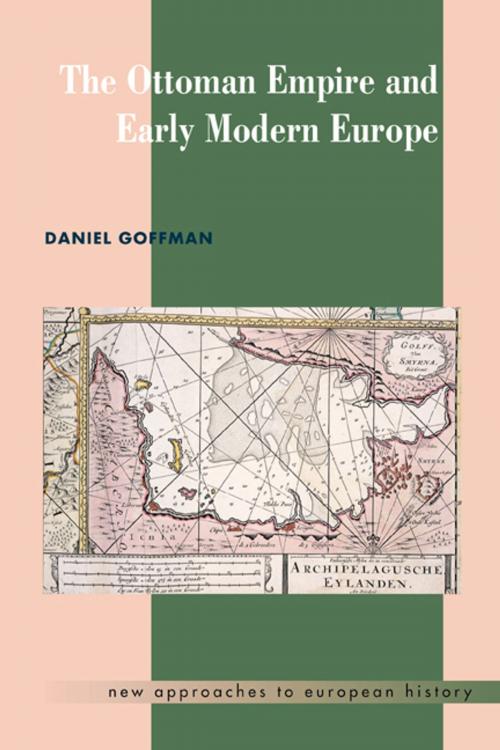| Author: | Daniel Goffman | ISBN: | 9781107484641 |
| Publisher: | Cambridge University Press | Publication: | April 25, 2002 |
| Imprint: | Cambridge University Press | Language: | English |
| Author: | Daniel Goffman |
| ISBN: | 9781107484641 |
| Publisher: | Cambridge University Press |
| Publication: | April 25, 2002 |
| Imprint: | Cambridge University Press |
| Language: | English |
Despite the fact that its capital city and over one third of its territory was within the continent of Europe, the Ottoman Empire has consistently been regarded as a place apart, inextricably divided from the West by differences of culture and religion. A perception of its militarism, its barbarism, its tyranny, the sexual appetites of its rulers and its pervasive exoticism has led historians to measure the Ottoman world against a western standard and find it lacking. In recent decades, a dynamic and convincing scholarship has emerged that seeks to comprehend and, in the process, to de-exoticize this enduring realm. Dan Goffman provides a thorough introduction to the history and institutions of the Ottoman Empire from this new standpoint, and presents a claim for its inclusion in Europe. His lucid and engaging book - an important addition to New Approaches to European History - will be essential reading for undergraduates.
Despite the fact that its capital city and over one third of its territory was within the continent of Europe, the Ottoman Empire has consistently been regarded as a place apart, inextricably divided from the West by differences of culture and religion. A perception of its militarism, its barbarism, its tyranny, the sexual appetites of its rulers and its pervasive exoticism has led historians to measure the Ottoman world against a western standard and find it lacking. In recent decades, a dynamic and convincing scholarship has emerged that seeks to comprehend and, in the process, to de-exoticize this enduring realm. Dan Goffman provides a thorough introduction to the history and institutions of the Ottoman Empire from this new standpoint, and presents a claim for its inclusion in Europe. His lucid and engaging book - an important addition to New Approaches to European History - will be essential reading for undergraduates.















